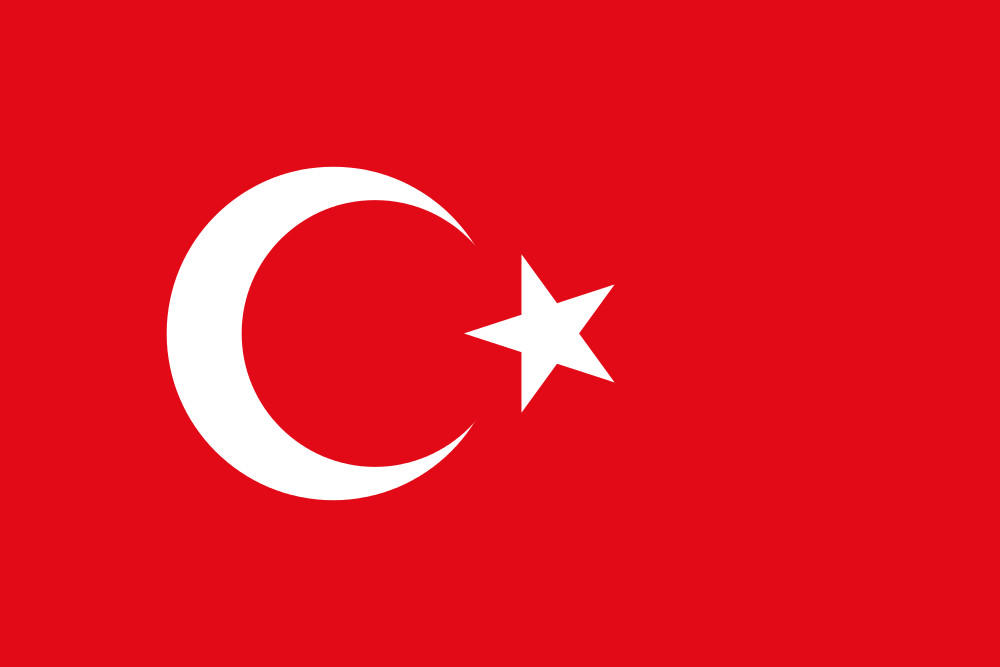After failed Turkey coup, fascism
We live in an era of resurgent, strongman leaders. Some of them, like Russian President Vladimir Putin, carry an aura of invincibility, a sense that they effortlessly control the levers of power at every level of state activity, from parliament to intelligence operations to the military. Some of them cling to power even as the states they created crumble under the weight of corruption, mismanagement, political repression, and economic degradation; Venezuela’s leader, Nicolas Maduro, is a prime example of this. Still others cling to power through brute force and mass murder, propped up by outside allies. The most obvious case here is the Syrian tyrant Bashar al-Assad, who has lived another day thanks to his friends in Moscow and Tehran.
There’s another class of strongman leader, who accumulates more and more power by presenting himself as the innocent victim of murky outside conspiracies, spinning his unfortunate condition as an attack on the sovereign will of the people, and not just upon himself or his political party. Case in point? Enter Turkish President Recep Tayyip Erdogan.
For a few hours on Friday, July 15, the world believed that Erdogan had been the target of a coup. Media attention that had been focused on the previous day’s terrorist atrocity in Nice, France, suddenly lurched towards Ankara and Istanbul, where tanks were in the streets, fighter jets were flying overhead, and state media was announcing the existence of something called a “peace council” that would henceforth manage the country’s crisis. Erdogan himself was rumored to have left the country, and there were even reports that he had requested asylum in Germany.
But by Saturday, Erdogan and his cohorts were back in control. We will perhaps never know the true story of what happened during those fateful hours, but it is striking that this coup appears to have been so incompetently executed, all the more so in Turkey, which has had its fair share of violent transitions of power in the recent past.

 44.0°,
Mostly Cloudy
44.0°,
Mostly Cloudy 




